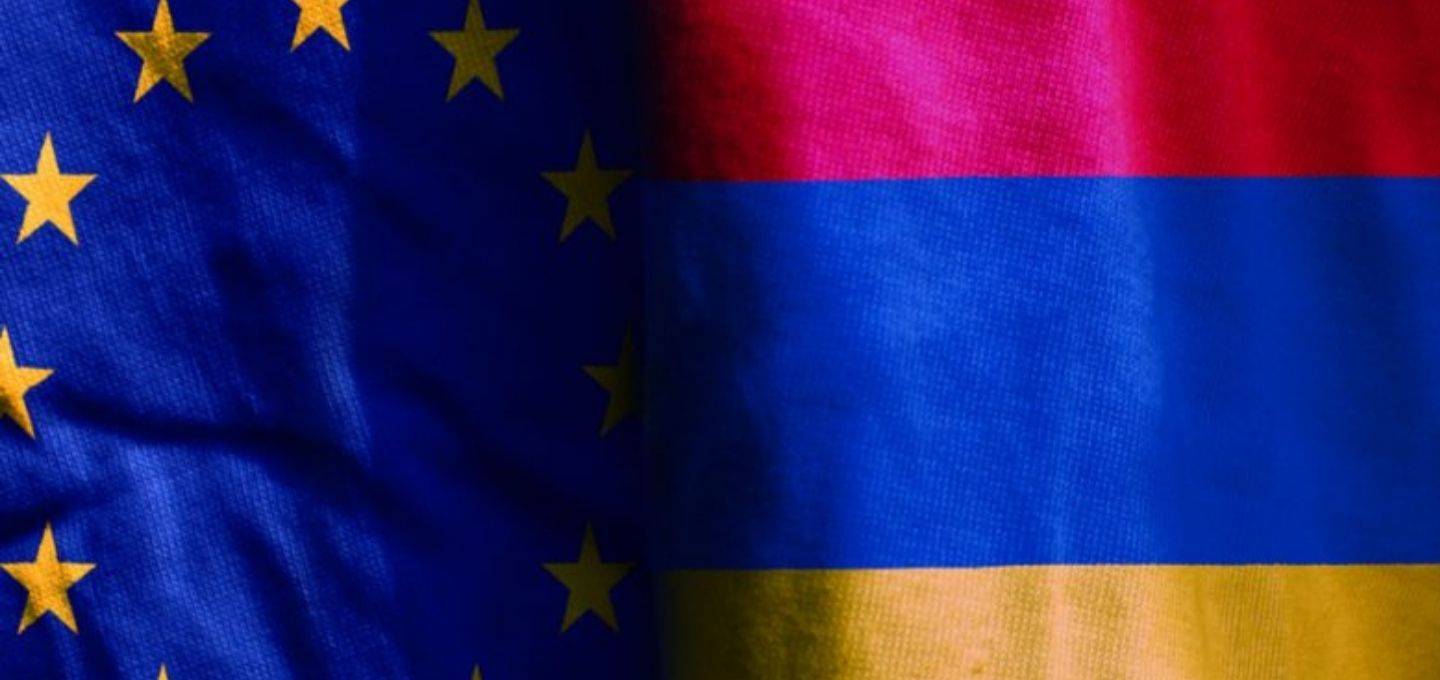This May, foreign ministers of Ukraine, Georgia, and Moldova signed a memorandum on the establishment of the Associated Trio for the joint successful European integration of the three countries. In less than a month, on June 24th the three countries made their first joint visit to the EU institutions in Brussels in the format of the Associated Trio. In July, the Heads of State of Georgia, Republic of Moldova and Ukraine have gathered in Batumi, Georgia to strengthen the trilateral cooperation on European integration.
StrategEast has interviewed leading experts from EaP countries to find out more about the countries’ EU aspirations in light of these events.
In your opinion, what is the fundamental difference between the Associated Trio and EaP formats? Does the creation of the Associated Trio mean the ending of the EaP format and the actual split of the EaP countries into two separate groups, building separate relations with the EU? Can we expect other EaP countries to join the Associated Trio?
It would not be a novelty to mention that the processes within the framework of the Eastern Partnership have shown in a short period that the six-member countries have different levels of readiness to integrate and adopt the reforms proposed by the EU. As a result, in 2016, under The EU Global Strategy it was fixed that a more realistic policy needs to be developed in this region, taking into account the different levels of partner countries’ ambitions.
Association agreements between the EU and Moldova, Georgia, and Ukraine already prove the more prospects for harmonization of those countries with the EU and their final integration. These countries are much more proactive in seeking dialogue with the EU, and their initiative with the Associated Trio is not an exception in this context.
In any case, we do not think that the creation of the Trio means the end of the Eastern Partnership. In contrast, more comprehensive formats and fields of cooperation may be a new stimulus for EU-EaP relations. The creation of the Associated Trio is only the culmination and result of a situation that we observed for several years. The difference from the Eastern Partnership will be that it is an initiative of three partner countries, the success of which depends on their joint efforts. In such a manner, Georgia, Ukraine, and Moldova declare that they are in tune in terms of their vision of relations with the EU and are ready to move forward together. The success of the initiative will bring the countries closer to EU membership.
As for the other members, it is hard to see their involvement in such an initiative, at least not during the current polarizing geopolitical context. In particular, Belarus’ suspension from the Eastern Partnership has already ruled out its possible joining the Associated Trio. Against the background of the current security challenges and instability in the South Caucasus after the 2020 Artsakh war, new priorities and difficulties have arisen for Armenia and Azerbaijan. In the case of these countries, it is too early to talk about joining the Associated Trio, as the unresolved Artsakh conflict precludes cooperation between them as well as regional stability.
Anahit Karapetyan, Analytical Forum Coordinator, “Enlight” Studies NGO
Original source: Strategeast









